
The modern game is all about statistics. A lot of Tour pros – Matt Fitzpatrick being just one of them – like to know every small detail about their game. Thanks to shot tracking technology, club golfers can also build up a comprehensive database of their own Strokes Gained statistics, too, which helps them to understand their game better and identify where their own strengths and weaknesses lie.
Such technology allows us to take a closer look at what the typical amateur golfer (15-handicap) looks like – in terms of their performance that is, not what clothing they like to wear.
Should some of the following statistics alarm you – data of which has been supplied by Shot Scope – then perhaps it’s time that you invested in shot tracking and/or started to collect your own data using a distance measuring device, such as the Shot Scope X5 and V5 watch or Shot Scope PRO ZR rangefinder.
Long Game
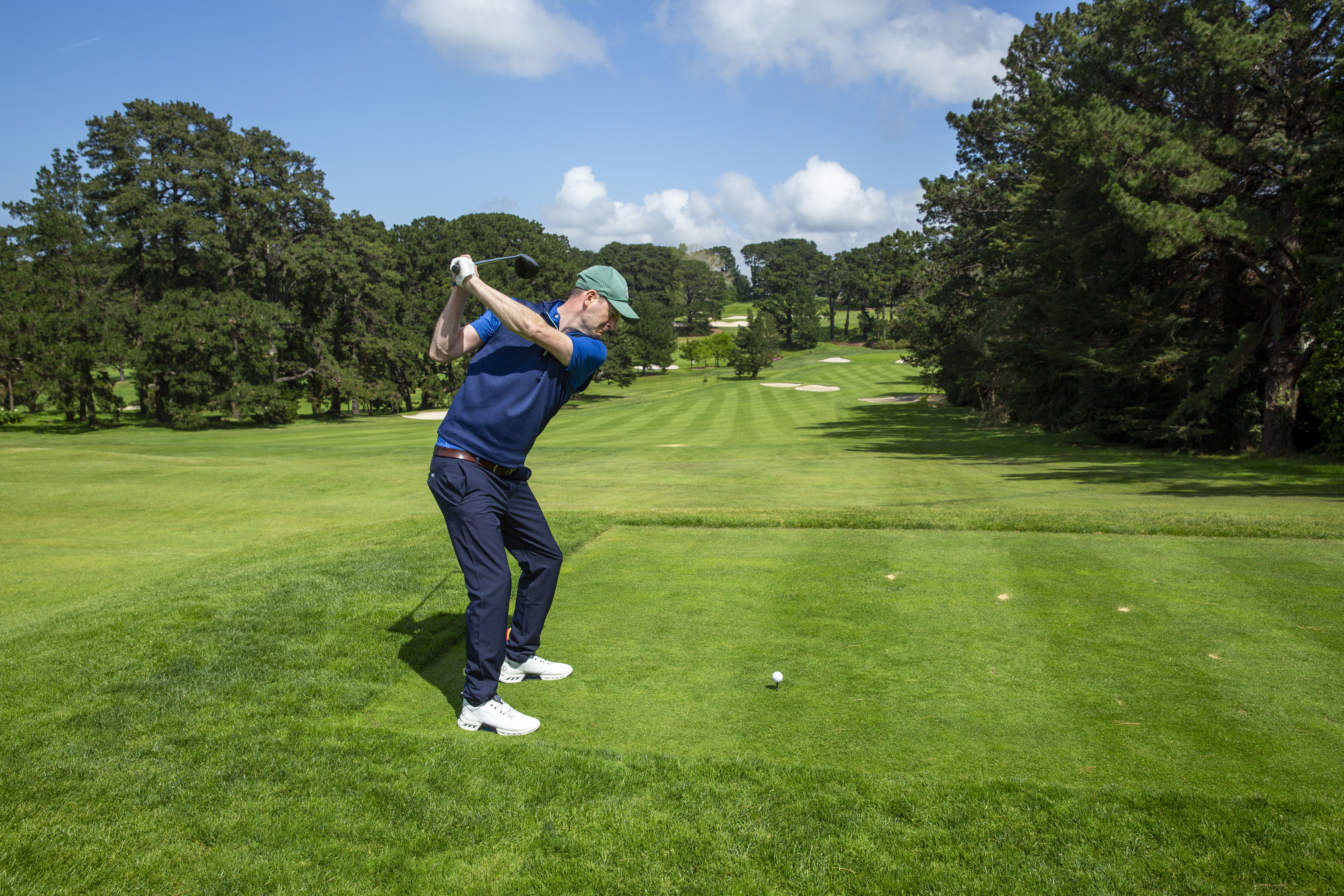
A lot of golfers overestimate how far they hit the ball, especially the driver. ‘Yeah, I hit my driver comfortably 290, 300 yards.’ Hmmm. Mid handicappers can, of course, drive the ball a long way, but when you look at the average drive for the 15-handicapper and remove 10% of extreme outliers (both good and bad), you’re looking at a distance of 236 yards.
When it comes to accuracy, that average golfer typically hits eight fairways (8.46) per round and finds approximately four greens in regulation (3.78). Now we all know how far the world’s best players hit the ball off the tee (in excess of 317 yards leads the way on the PGA Tour); more interesting is driving accuracy, with the leading players finding the short stuff nearly 80% of the time.
Approach Play
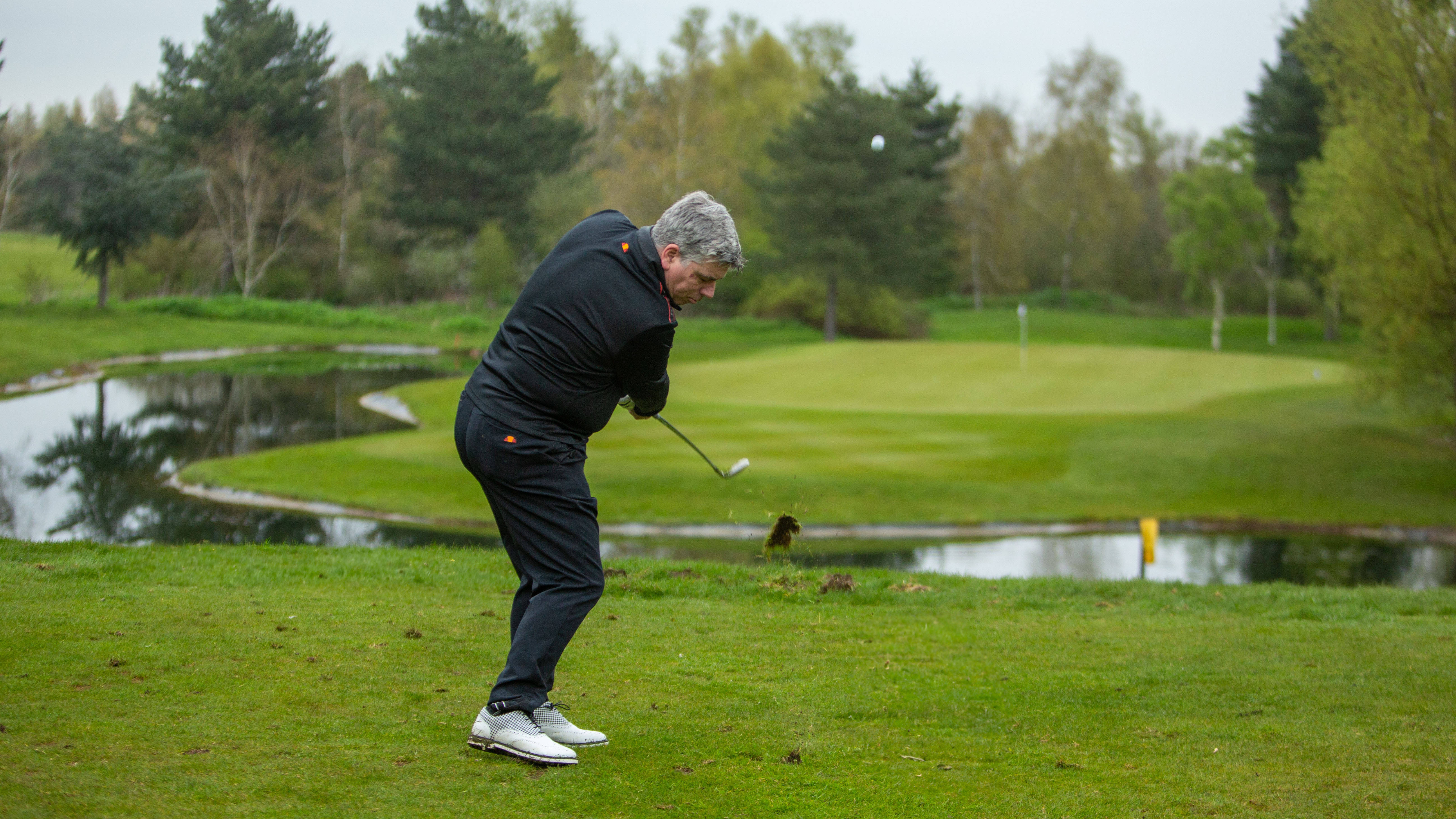
If you’re a 15-handicapper, or thereabouts, the stats say that you miss 54% of your approach shots short. We can break it down further, too, to get a better picture of that typical average golfer: a 40% chance of hitting the green (all lie types) from 100 yards, missing short 31% of the time with an average proximity of 59ft.
The same level of player has a 24% chance of hitting the green (all lie types) from 150 yards, missing short 43% of the time with an average proximity of 92ft. From 200 yards, the 15-handicapper has an 8% chance of hitting the green (all lie types), missing short 72% of the time with an average proximity of 169ft.
Short Game
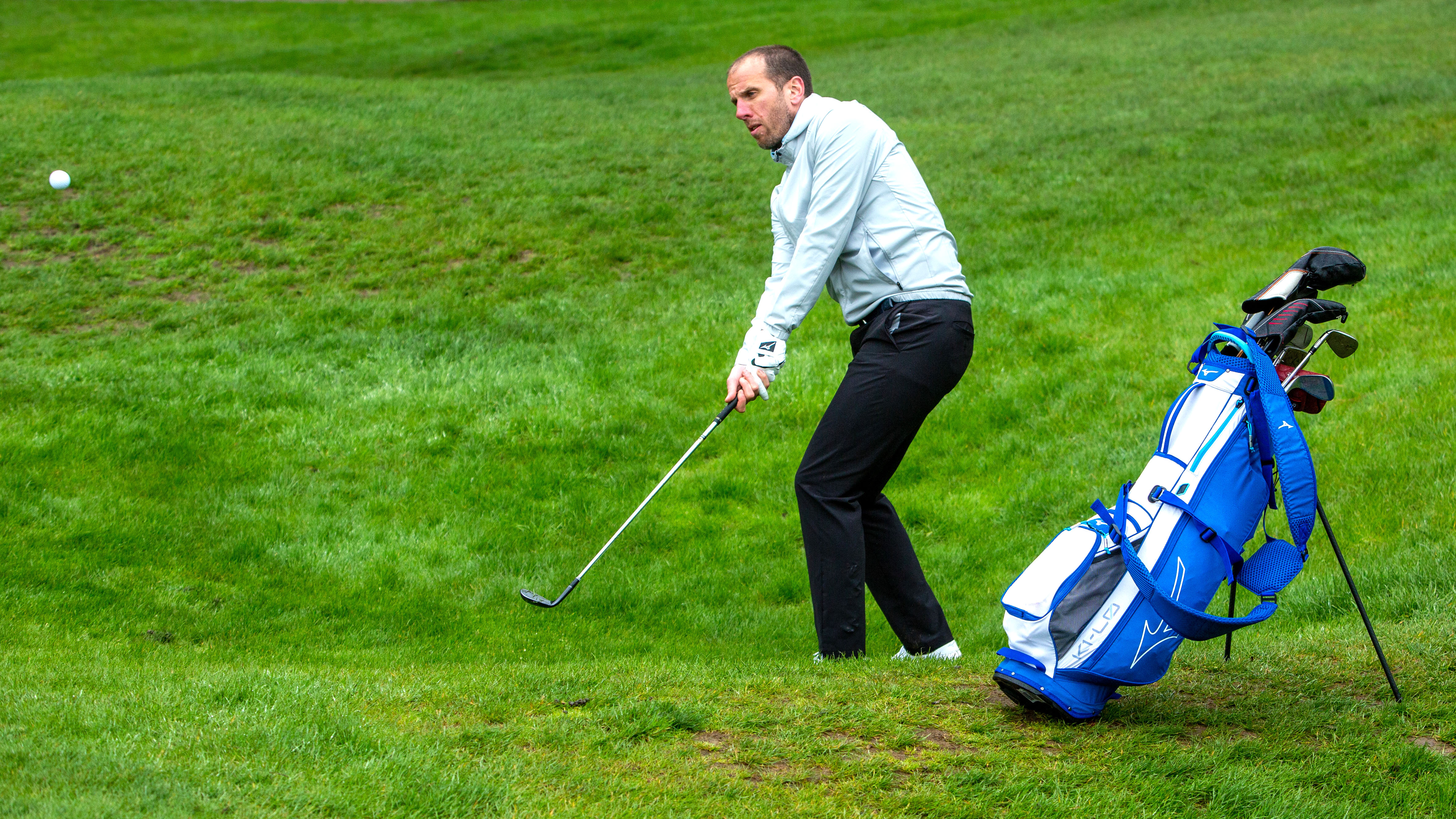
When it comes to the short game, most Tour players would advise amateur golfers to get to work on their pitching and chipping. To be brutally honest, the typical 15-handicapper will have significant room to improve in all departments. However, being able to get up-and-down on a more regular basis can make a huge difference to your scoring.
From inside 50 yards, the typical 15-handicapper has a 34% chance of getting up-and-down, broken down as follows: 43% (0-25 yards), 16% (25-50 yards). From inside 50 yards, the average proximity is 18 feet, and they will take 2.78 shots to finish the hole.
Putting
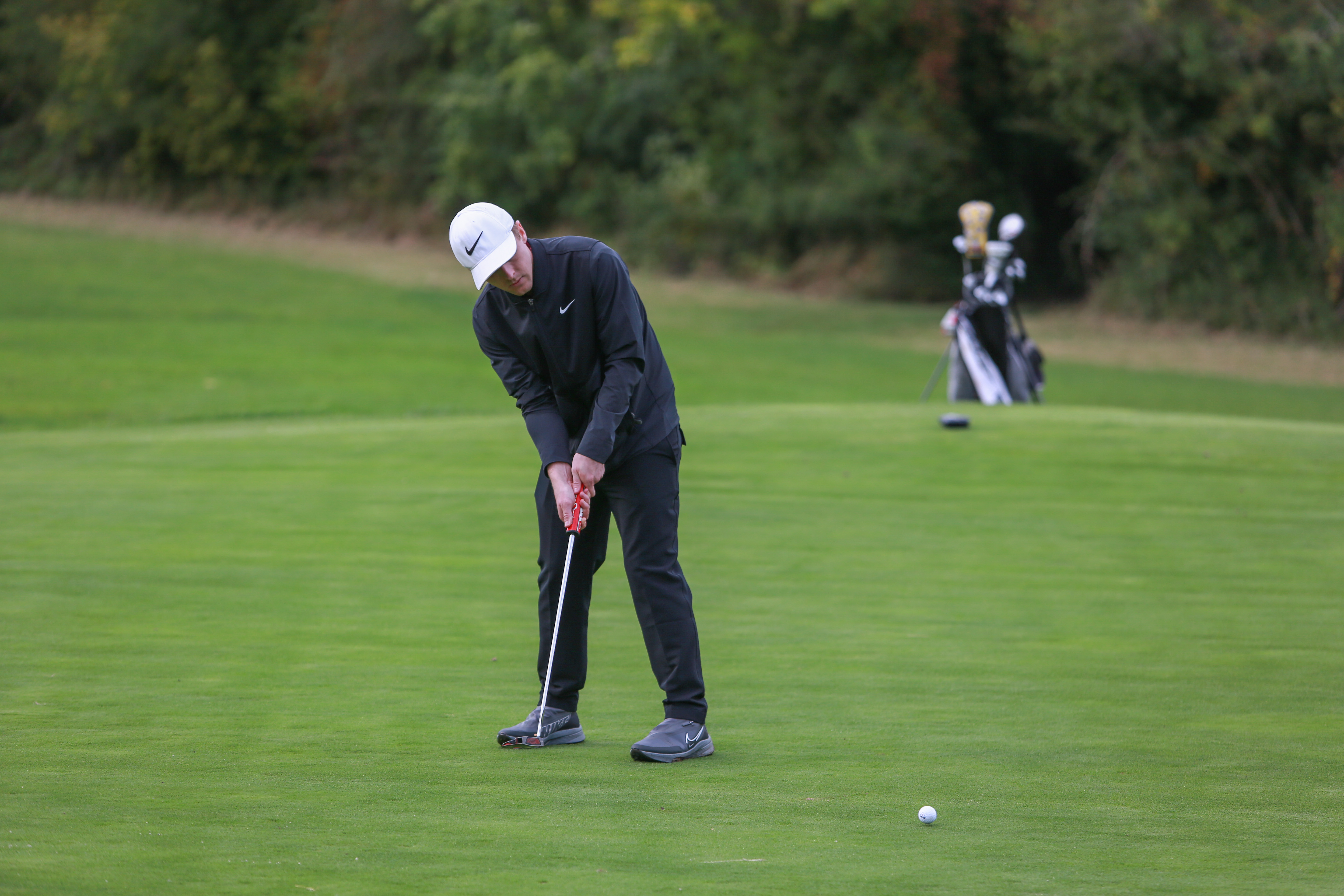
In terms of the flatstick, there is also significant room for improvement. Putting, of course, is a game within a game – another area of the game where the world’s best players make rolling the rock seem very, very easy.
Here are a couple of ‘wow’ stats from the PGA Tour. Recent PGA Championship winner, Xander Schauffele, three-putts approximately once every 800 holes. Your 15-handicapper, on average, does so once every 9.7 holes.
Another revealing statistic is the make percentage from six feet – that type of distance that will make amateurs shake at the knees and produce an awkward looking stroke. It’s not unusual to see Tour pros average around 90% from this distance, whereas the data reveals that the typical 15-handicap player makes less than 60%.
Scoring
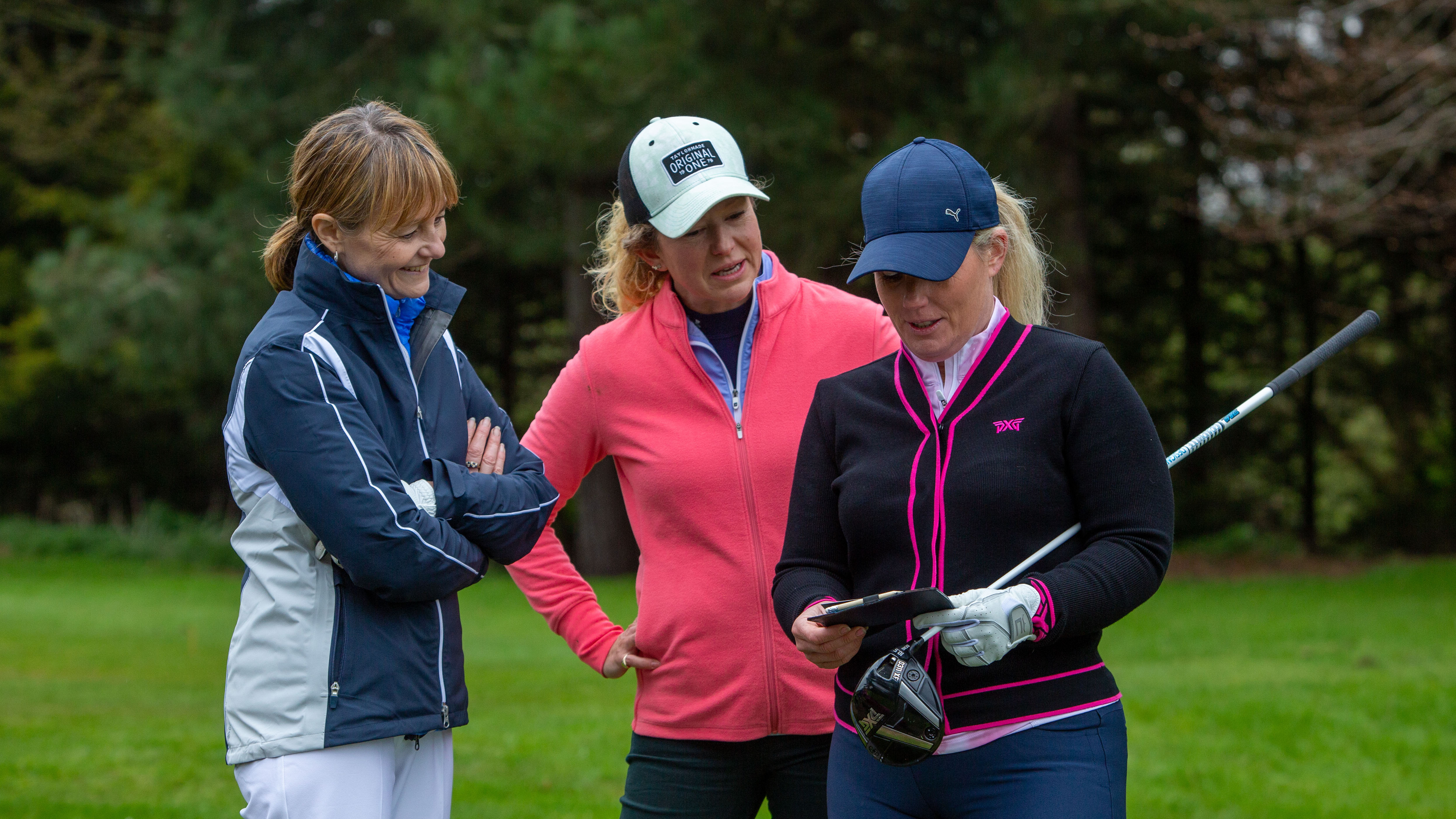
Making birdie is a wonderful feeling, right? For the typical amateur golfer, however, it’s not a buzz that they experience very often. Birdies can, of course, be like buses: you wait ages for one and then two come along at once. On average, however, this mid-handicapper that we’re talking about makes 0.36 birdies per round.
Unsurprisingly, the typical scorecard will feature a good few bogeys (8.1), a handful of pars (4.86) and some doubles and worse (4.68). So don't get too downhearted when you have a nightmare on a bad hole as it happens to everyone, especially mid handicappers!
Interested in getting data on your own game? Visit the Shot Scope website to start your journey.







